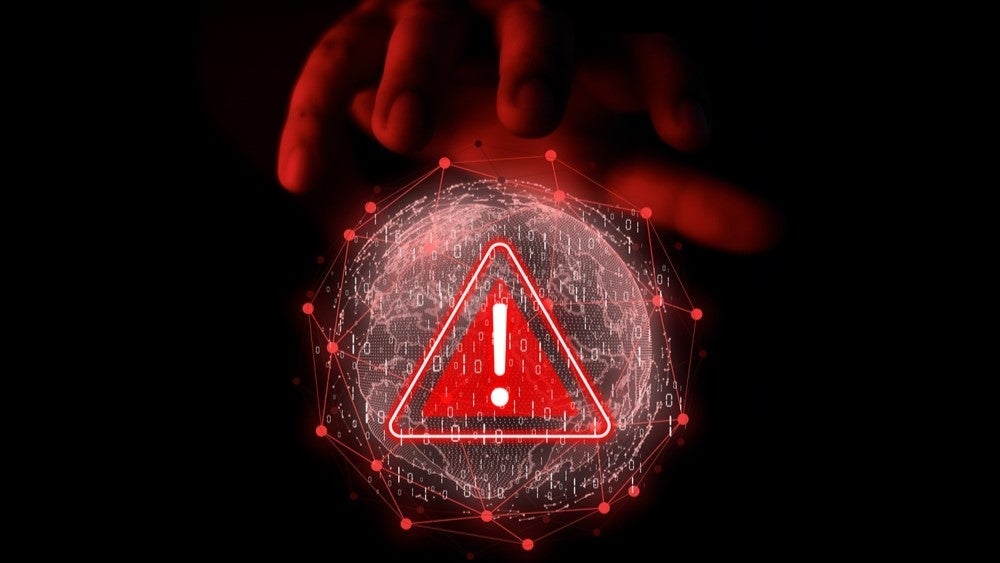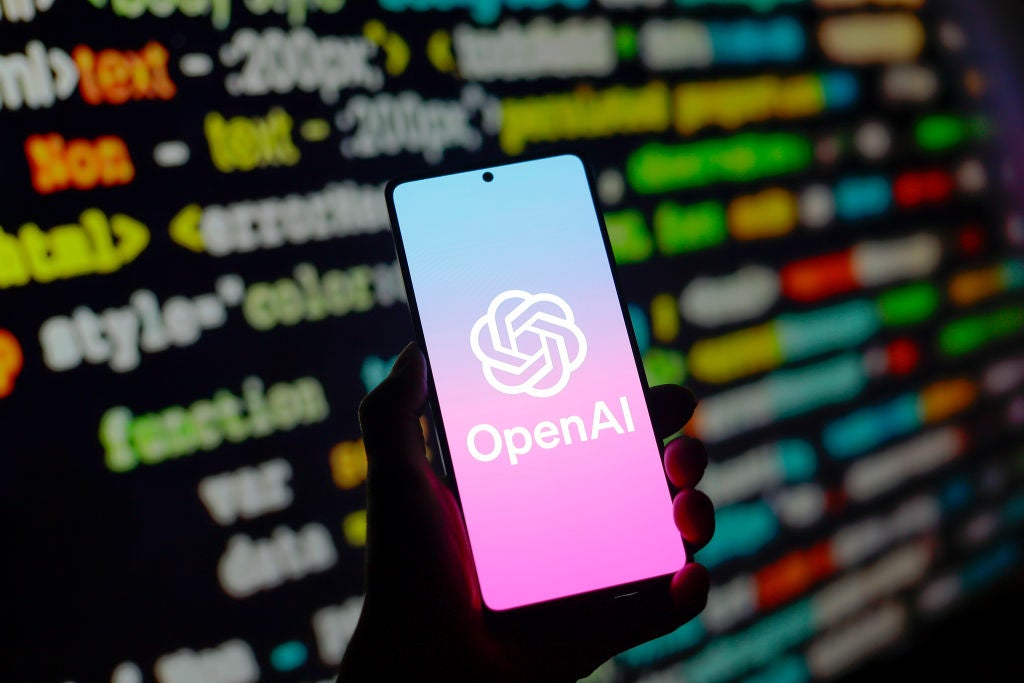
Despite offering a secure and decentralised alternative to other currencies, one of the downsides of Bitcoin is the vast amounts of power it consumes. Due to the large amount of electricity it requires to mine and complete transactions, Bitcoin creates a large carbon footprint and is also very expensive.
In the conventional Bitcoin model, someone wishing to make a transaction must perform a complex computing task, and then everyone in the distributed ledger must agree that a transaction is legitimate so a consensus is reached. This process is an effective way of fighting fraud, but it is also very energy-intensive, using the same electricity consumption per year as Austria, and a global carbon footprint similar to that of Denmark.
To remedy this, researchers at the Ecole Polytechnique Federale de Lausanne (EPFL) have come up with a low-energy, low-cost Bitcoin alternative, named Byzantine Reliable Broadcast.
Professor Rachid Guerraoui from the School of Computer and Communication Sciences at the Ecole Polytechnique Federale de Lausanne explains that by re-thinking the idea of consensus, energy can be saved:
“We take a minimalist approach. We realize that players don’t need to reach consensus; they just need to prevent malicious behaviour when it manifests. So, we assume everyone is honest, and if players see someone trying to do something wrong, they ignore that player – and only that player.
Byzantine Reliable Broadcast: a low-energy Bitcoin alternative
Byzantine Reliable Broadcast uses a different method to ensure transactions are secure. By forgoing the need for consensus, cryptocurrency transactions, would have roughly the same energy consumption as “exchanging emails”. According to researchers, this would use a few grams of CO2 compared to an estimated 300kg for a single Bitcoin transaction.
How well do you really know your competitors?
Access the most comprehensive Company Profiles on the market, powered by GlobalData. Save hours of research. Gain competitive edge.

Thank you!
Your download email will arrive shortly
Not ready to buy yet? Download a free sample
We are confident about the unique quality of our Company Profiles. However, we want you to make the most beneficial decision for your business, so we offer a free sample that you can download by submitting the below form
By GlobalDataHowever, without an important step in ensuring a transaction is secure, preventing duplicate transactions or malicious actions, for example, must be done in another way. Guerraoui explains that communication is key to this:
“If a malicious player wants to make a payment, for example, this system would not allow anyone to accept money from that player until a randomly chosen sample has confirmed the player has not sent money to anyone else; otherwise, the payment will not be accepted.
“Basically, we’re saying that you only need to exchange information with a sample of players to implement a cryptocurrency.”
According to researchers, the Bitcoin alternative “sacrifices nothing in terms of transaction security”. However, one drawback is that it cannot be used for more complex, non-currency related transactions, such as smart contracts.
Nevertheless, as well as cryptocurrencies, Guerraoui believes that it could be used for exchanging goods, such as in a bike sharing programme.
Researchers plan to release Byzantine Reliable Broadcast as an open-source code for anyone to download and use by the end of 2020.
Read more: Introducing the Internet of Blockchains: How the Cosmos Network makes blockchain truly scalable







